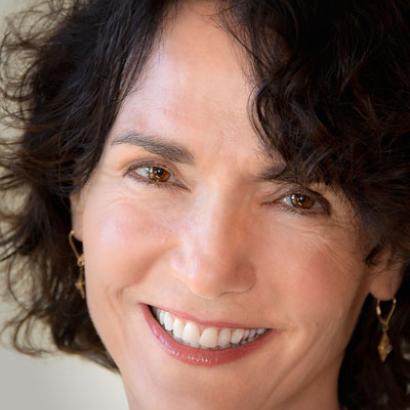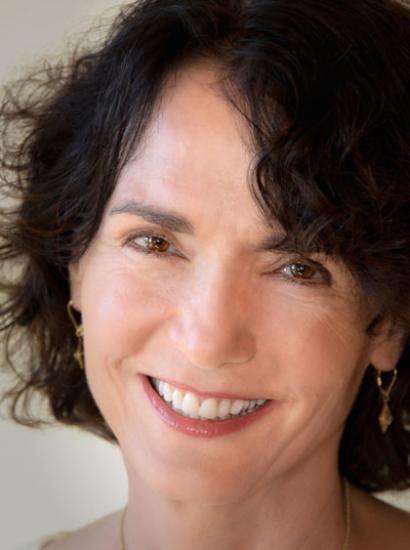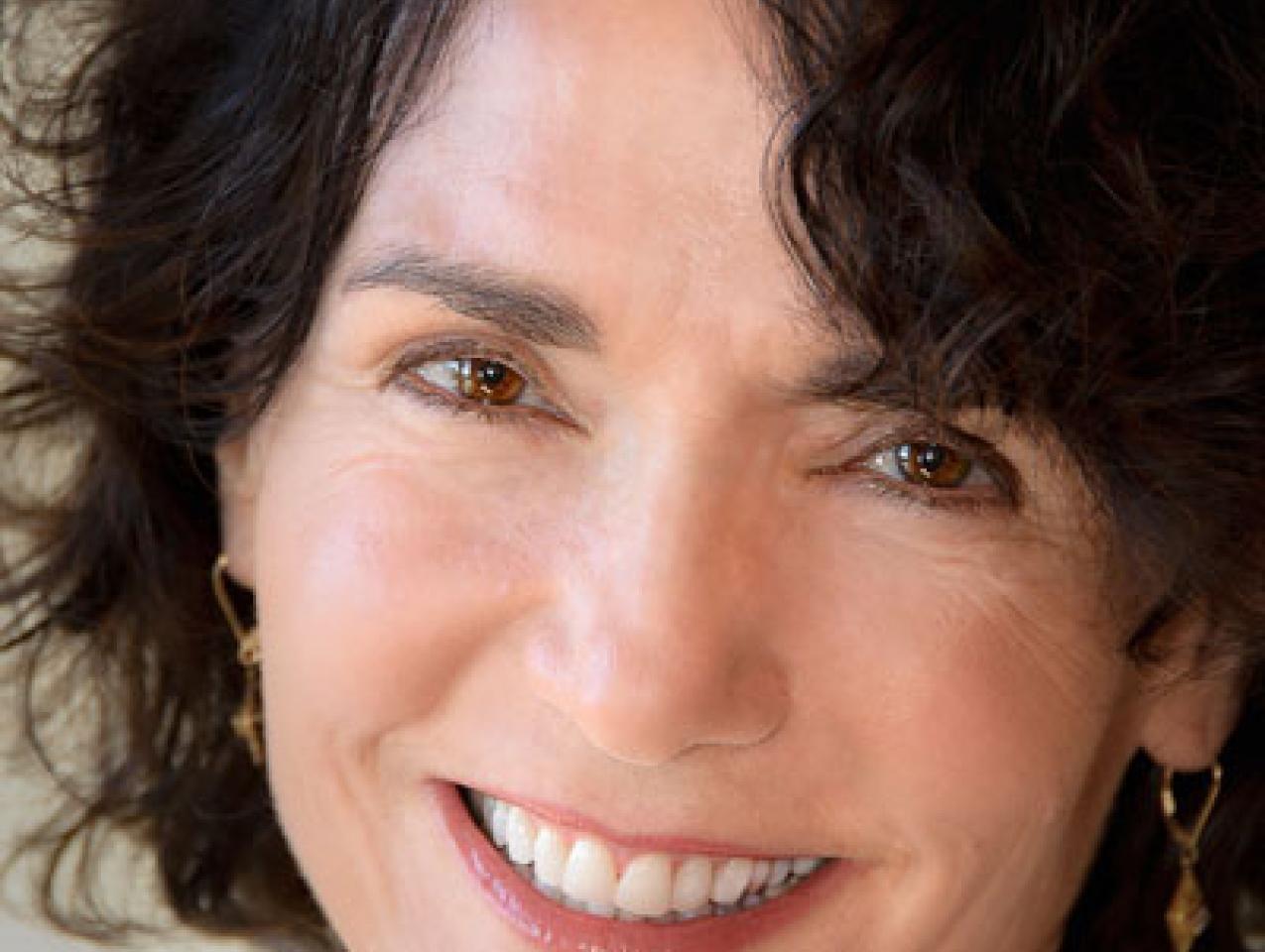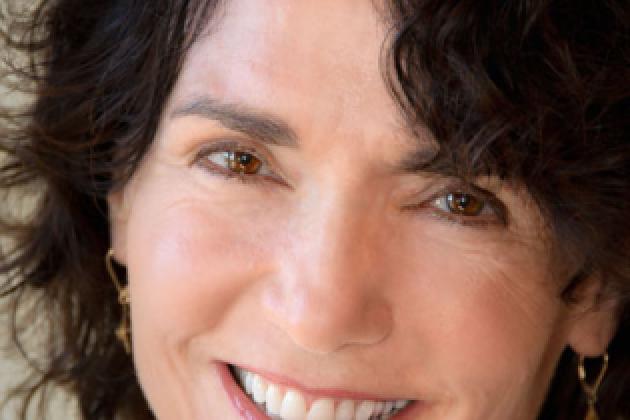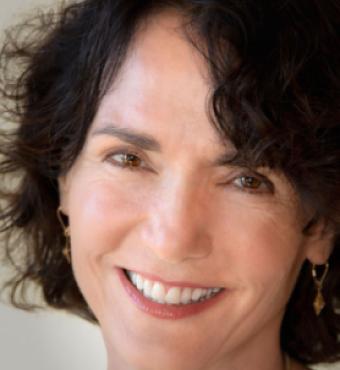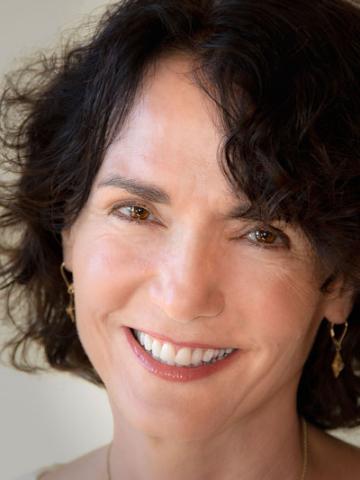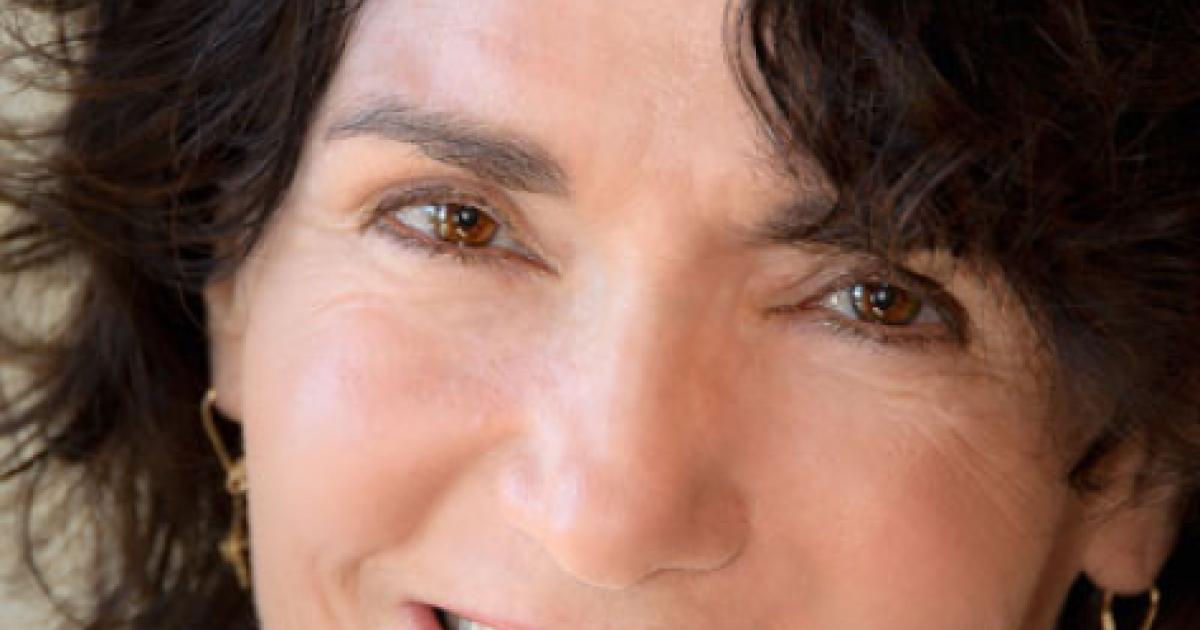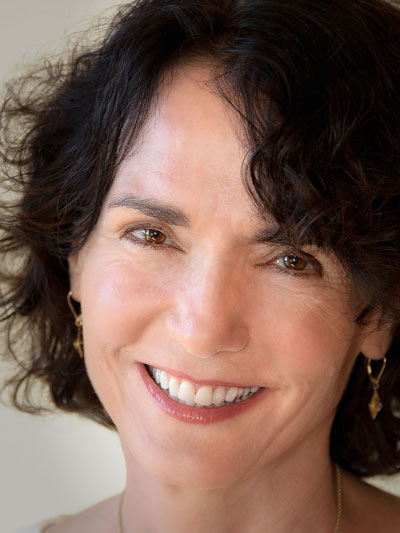
On August 22 Hoover research fellow Elizabeth Cobbs delivered a talk based on her research on the First World War Women’s Signal Corps, the first female unit in the United States Army, as part of the Library & Archives’ ongoing History & Policy lecture series. Cobbs is the author of the recent book The Hello Girls: America’s First Women Soldiers, for which she conducted research in the collections at Hoover. The talk was followed by a curator-guided tour of the current Hoover Library & Archives’ current exhibition Weapon on the Wall: American Posters of World War I, which features a section on the experiences of American women during wartime.
Employing colorful anecdotes and vivid photographs, Cobbs’s talk illuminated the story of how America’s first women soldiers helped win World War I and forward universal suffrage. In 1918 the US Army Signal Corps sent 223 women (many of them former AT&T employees) to France. They were masters of the latest technology: the telephone switchboard. General John Pershing, commander of the American Expeditionary Forces, demanded female “wire experts” when he discovered that inexperienced doughboys were unable to keep him connected with troops under fire. Without communications for even an hour, the army would collapse.
While suffragettes picketed the White House and President Woodrow Wilson struggled to persuade a segregationist Congress to give women of all races the vote, these competent and courageous young women took the army oath. Cobbs revealed the challenges they faced in a war zone where male soldiers welcomed, resented, wooed, mocked, saluted, and ultimately celebrated them. The women received a baptism by fire when German troops pounded Paris with heavy artillery. Some followed “Black Jack” Pershing to battlefields where they served through shelling and bombardment. Grace Banker, their twenty-five-year-old leader, won the Distinguished Service Medal.
The army discharged the last Hello Girls in 1920, the same year Congress ratified the Nineteenth Amendment, granting women the ballot. When the operators sailed home, the army unexpectedly dismissed them without veterans’ benefits. They began a sixty-year battle that a handful of survivors carried to triumph in 1979. With the help of the National Organization for Women, Senator Barry Goldwater, and a crusading Seattle attorney, they finally received full veteran status from the US Army.
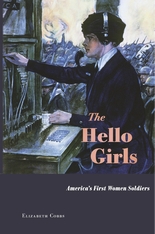
Research fellow Elizabeth Cobbs writes, lectures, and produces documentaries on world history, the history of US foreign relations, and current international policy. She has won literary prizes for both history and fiction and holds the Melbern G. Glasscock Chair in American History at Texas A&M University. Her essays have appeared in the New York Times, Jerusalem Post, Los Angeles Times, Chicago Tribune, China Daily News, Washington Independent, San Diego Union, Reuters, and other distinguished publications. She has appeared on the Today Show, Morning Joe Show, and National Public Radio. Cobbs holds a BA in literature/writing from the University of California at San Diego and an MA and PhD in American history from Stanford University.




